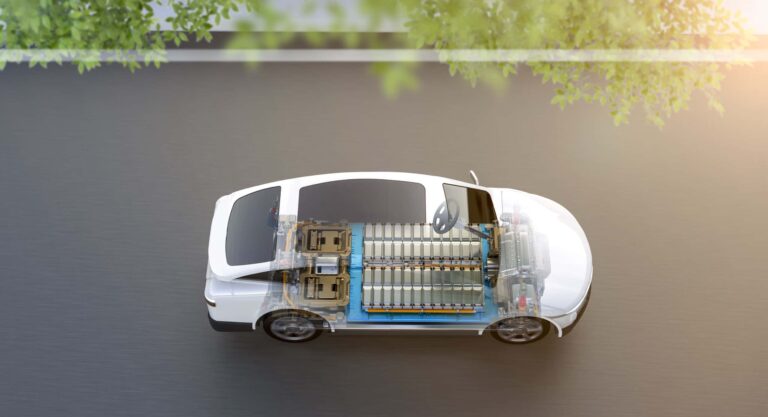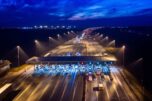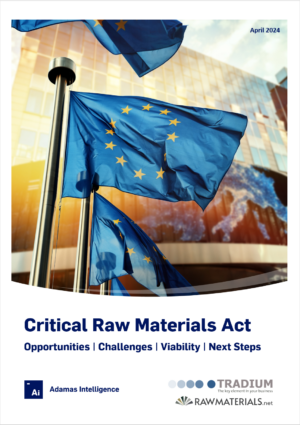Top 5 fastest growing EV cell suppliers by cobalt consumption

Accelerating into 2024
In 2023, a total of 60,840 tonnes of cobalt were deployed onto roads globally in the batteries of all newly sold passenger EVs combined, 40% more than in 2022, according to Adamas Intelligence data.
Among cell suppliers, the EV battery arm of Sunwoda Electronics – SEVB – was the fastest growing cell supplier among the top 10 in terms of cobalt consumption (in tonnes) last year, upping deployment by 150% year on year to 839 tonnes.
Shenzhen-based SEVB, which supplies among others Li Auto, Smart and Zeekr, kept up its fast pace going into 2024, upping cobalt deployment by 130% to 63 tonnes in January of this year compared to January 2023.
The battery maker expanding consumption at the second fastest rate was SVOLT, the battery unit of Great Wall Motors. The cobalt contained in the batteries supplied by SVOLT last year totaled 1,537 tonnes, representing a 125% increase over 2022.
This year looks even more promising for Changzhou-based SVOLT – the company’s cobalt deployment in EVs sold in January 2024 was up 9-fold year on year, boosted by popular models like the GWM Tank 500, which went on sale mid-2023. SVOLT is also aggressively expanding into Europe, with plans to have factory capacity of 50 GWh on the continent by the end of the decade.

The third-fastest growing cobalt consumer last year was Farasis Energy, which upped cobalt deployment in 2023 compared to the year before by 86% to 758 tonnes. Hong Kong listed Farasis has kept up the momentum in 2024, deploying 96% more cobalt in newly sold EVs in January this year than the year before.
Number 4 last year was CALB. The Chinese company increased cobalt consumption by 63% year over year in 2023 to 3,427 tonnes. In January, CALB, a supplier to GAC, Leapmotor and Xpeng, saw combined cobalt tonnes rolled onto roads during the month jump 142%.
In fifth spot was Panasonic, which steered 5,182 tonnes of cobalt onto roads in 2023, up 50% over the same period the year prior. The Japanese company, a top supplier to Tesla and Toyota, lost some traction in January 2024 with cobalt deployment increasing by a more modest 18% to 379 tonnes during the month compared to January 2023.
Adamas take:
LFP cell chemistries have cornered half the market in China, but outside the world’s largest EV industry, the cobalt-less cells only accounted for 14% of total battery capacity deployed (in GWh) last year.
With LFP battery factory buildouts in the rest of the world progressing slowly, and much of the move to high-nickel batteries already baked into demand, cobalt producers have time to prepare for stronger headwinds in coming years if trends of LFP adoption in China are ultimately mirrored in Europe and the Americas.
EV, Battery and Battery Materials Market Intelligence:
EV Battery Capacity and Battery Metals Tracker
Building on ongoing EV registrations in over 110 countries, our web-based platform helps users track monthly deployment of battery metals and materials, battery capacity, and the ever-evolving competitive landscapes of battery chemistries and cell suppliers.
EV Battery Capacity Monthly
The ‘EV Battery Capacity Monthly’ is a subscription-based report for tracking monthly deployment of passenger EV battery capacity by EV type, region, country, make, model, cell supplier and cell chemistry on an ongoing basis.
EV Battery Lithium Monthly
The ‘EV Battery Lithium Monthly’ is a subscription-based report and data service for tracking end-to-end, market-moving developments across the global EV, battery and lithium supply chain.





